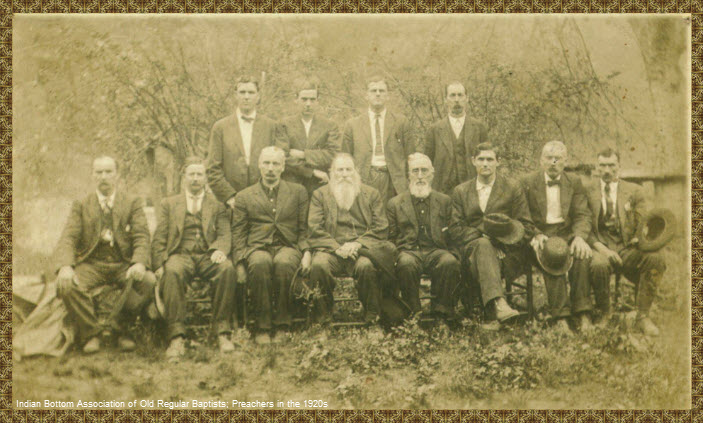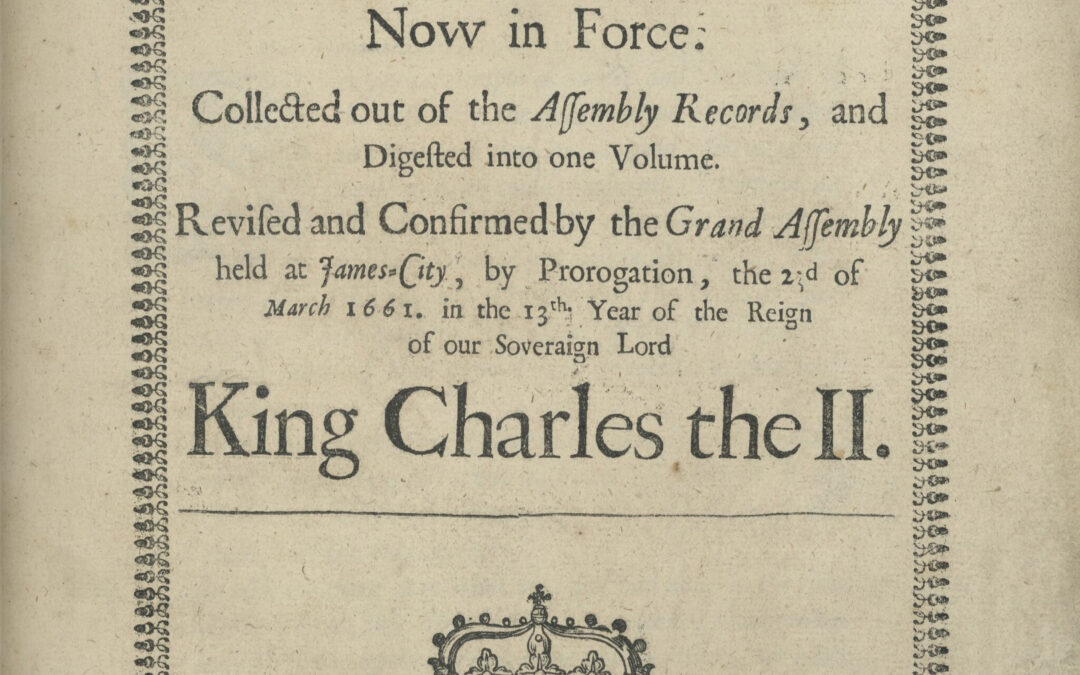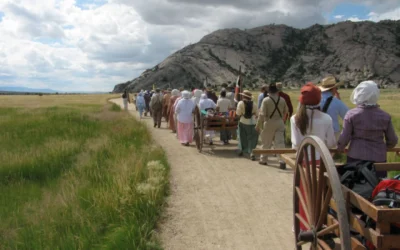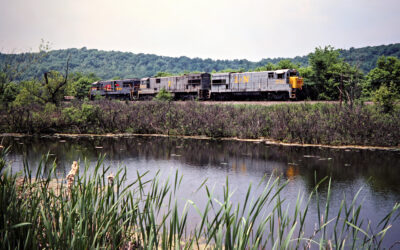The early settlers who came to Letcher County from Virginia and North Carolina were mostly deeply religious people, who came here to this beautiful country where they might worship God according to the dictates of their own consciences and to start life anew in this Happy Hunting Ground. You might say they arrived carrying a Holy Bible in one hand and the Kentucky rifle in the other.
Early Settlers Organize the Church
The first church to be established in Letcher County was the Indian Bottom Church, established in 1810. In the fall of that year, a band of Regular Baptists, numbering about twenty, met at Isaac Whitaker’s home, near Ance Cornett’s home, about two miles up the Kentucky River from what is now Blackey, near a bottom known as Indian Bottom. It was named because the indigenous people had camped there and many artifacts were found. There, this little band of Christians organized the Indian Bottom Church.
For ten years or more prior to this time, settlers had been traveling into these hills to find homes, getting away from the more despotic rule of some of the colonies farther east. Among the first was John Adams, together with his five sons and two daughters, and other kindred, who settled near the mouth of Bottom Fork in the year 1800.
Early Letcher County History
James Caudill came up the Kentucky River, settled near the mouth of Frank’s Creek, and nearby, settled James Webb, about the same time. Stephen Caudill, with his family and kinfolk, settled near the mouth of Sandlick Creek about a year later, while Isaac Whitaker and John Dixon and others, settled near the mouth of Rockhouse Creek. Others came in 1810. There were then about 100 families in what is now Letcher County. These settlers arrived from Virginia and North Carolina, some direct, while others had stopped for a while in what is now Whitley County, and then came here.
These settlers had not more than settled down, until they were desirous of worshiping the One who had preserved them and brought them hither. No doubt letters were sent, inviting preaching brethren back in the land whence they had come, to visit them, and, anyway, we find in the year 1807, one Electious Thompson, a Baptist minister, preaching among these people. Elder Thompson had formerly lived in North Carolina, and had come into this state, perhaps first into Madison County, thence to Montgomery and Morgan, and then to Floyd County in 1805. In the year 1808, he settled near the mouth of Rockhouse and constantly preached among the first settlers.

Image Credit: The Baptist Collection site contains history and photos from these older churches.
Indian Bottom Association of Old Regular Baptists; Preachers in the 1920s
Back Row Left to Right: Unknown, Unknown, Jim Whitaker, Unknown Front Row Left to Right: Unknown, Unknown, Unknown, Ira Combs, Dave Maggard, W.R. Boggs, Unknown, Unknown
Early Ministers in the Church
Elder Thompson was the first ordained minister in what is now Letcher County. Then in the year 1809, Elder William Saulsberry came into this section from the Beaver Valley, preaching in company with Elder Thompson. Perhaps Saulsberry had requested him, as he had lived in the same section where Elder Saulsberry had lived in North Carolina, and had been in meetings before.
These two ministers, together with Elder Simeon Justice, another noted Baptist minister, who then lived at the mouth of Mud in Floyd County, constituted the presbytery that organized this Indian Bottom Church. These ministers were from the North District Association, which had been organized the first Friday in October 1802, at the Unity Meeting House in Clark County. The North District and the South District Associations, being a division of the South Kentucky Association, which was organized the last Friday in October, 1787, at the Tates Creek Meeting House in Madison County.
These Heralds of the Cross were men of great zeal and ability. They were earnest men, and feeling called to preach, gave themselves wholly to the work, their time, talents and life. They did not shrink from their work, but endured the hardships and fatigue, going through winter’s cold and summer’s heat, they labored for souls, and today our churches are monuments of their piety and zeal.
Continued Church History
The Indian Bottom Church prospered. Its membership by 1815, is shown in the record as seventy, but in this year forty-one members lettered out to form the Sandlick Church, and they were called together on the 13 August 1815, at the home of Stephen Caudill near the mouth of Sandlick Creek.
They organized into the Sandlick Church, so named for Sandlick Creek, nearby. This same presbytery, Elder Electious Thompson, Elder William Saulsberry and Elder Simeon Justice, also organized the Sandlick Church, and on 21 October 1820, an arm was given off the Sandlick Church to form the Ovenfork Church.
In 1811, the Indian Bottom Church was received into the Washington Association, which consisted of churches lying in Southwest Virginia. The record shows that the Washington Association met in 1811 with the North Church in Washington County, Virginia, on 19 October 1811.
It states that the Indian Bottom Church asked to be received into that association, and the delegate from Indian Bottom was Electious Thompson, and that the church was accepted.
You can read the rest of this church history at the KYGENWEB Letcher County Site.
References
Berea College (Berea, KY) maintains the Elder Walter L Akers Old Regular Baptist collection where you can find other records of religion in early Eastern Kentucky.
Image Credit: The Baptist Collection site contains history and photos from these older churches.





